Vitamin B7 or Biotin, also like Vitamin H. called, is assigned to the so-called B vitamins and occurs both in animal foods such as meat and in plant foods.
Effect of vitamin B7 (biotin)
.jpg)
This vital vitamin B7 (biotin) must be supplied to the body through food, so it cannot be produced by the body.
Pregnant and breastfeeding women in particular have an increased need for the vitamin B7 biotin. Anyone who smokes a lot or consumes excessive alcohol should also ensure that they have an adequate supply of biotin.
In addition, older people and people who are particularly active in sports have a higher requirement for biotin. Those who are constantly exposed to stress must also ensure that they have an adequate intake of biotin and may need a higher dose.
meaning
The vitamin B7 (biotin) is involved in several important body functions. The name vitamin H comes from the fact that biotin is particularly good for skin and hair. It is not for nothing that advertisements advertise numerous beauty capsules that allegedly contain biotin. Biotin is also often referred to as the "beauty vitamin".
In fact, biotin is important for the healthy growth of both hair and nails. Biotin is also responsible for healthy and pure skin. For example, those who suffer from acne or pimples should take preparations with the addition of biotin - these are often prescribed by the dermatologist.
Biotin is indispensable for both fat and carbohydrate and protein metabolism. They act as a so-called coenzyme. In addition, biotin is also responsible for the growth and lifespan of blood cells, nerve tissue and sebum glands.
A deficiency in biotin is rather rare these days. However, there is a hereditary disease that can lead to a deficiency in biotin due to a genetic defect. This deficiency can be expressed in a number of ways.
Inflammation of the skin can then occur as well as dull and brittle hair, hair loss and brittle nails. Even anemia, depression and a disorder of the heart function are by no means uncommon with a lack of biotin. General hypoglycaemia and an increase in cholesterol levels can also indicate a deficiency in vitamin B7.
Particular caution should be exercised in all patients who have been taking antibiotics for a long time. This is because these can curb the formation of biotin in the body.
Occurrence in food
A healthy adult only needs between 30 and 60 micrograms of vitamin B7 (biotin) per day. Primary school children, on the other hand, only need 30 micrograms and infants a daily intake of 15 micrograms of biotin is sufficient.
Those who eat a balanced and healthy diet will hardly complain of a lack of biotin. Achieving this is really not difficult, because biotin is contained in many foods. In addition to liver and kidneys, soybeans, eggs and milk are also very good vitamin donors. But biotin is also abundant in some fruits and vegetables, such as bananas and tomatoes.
Since biotin is a water-soluble vitamin, the vegetables should not be cooked for too long if possible. Wheat germ, lentils, mushrooms and spinach are other good sources of biotin.
While biotin is available in free form in plant foods, it must first be converted in animal foods in order to be processed by the body.

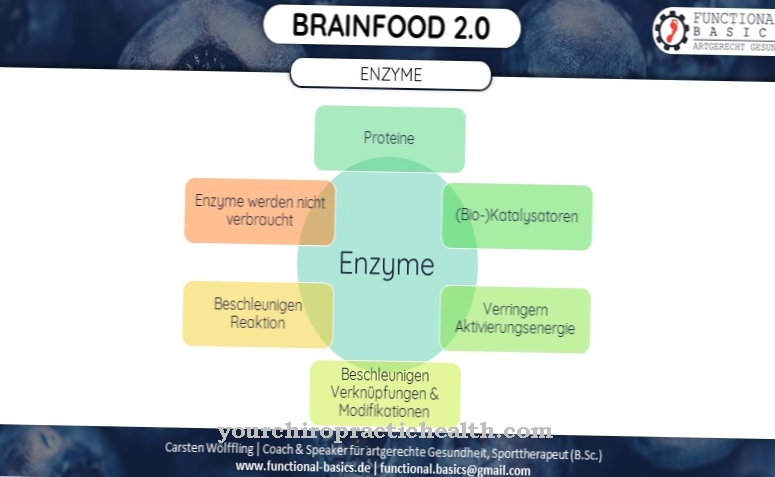
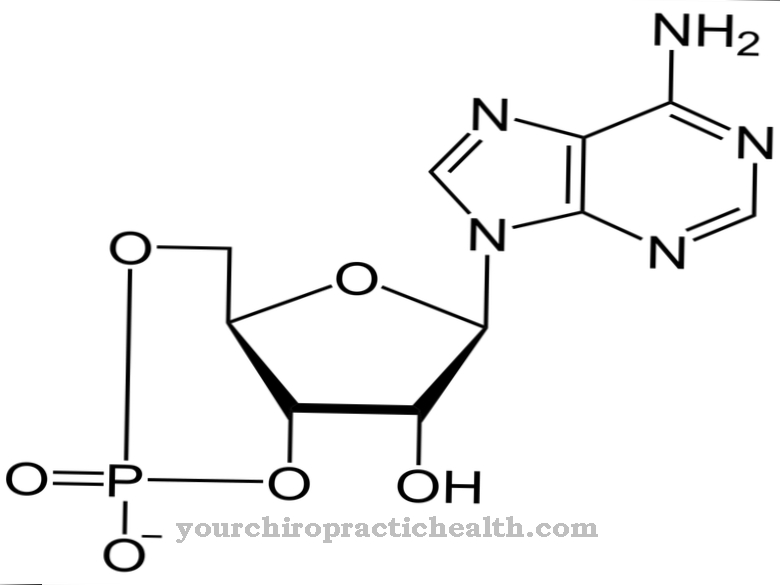
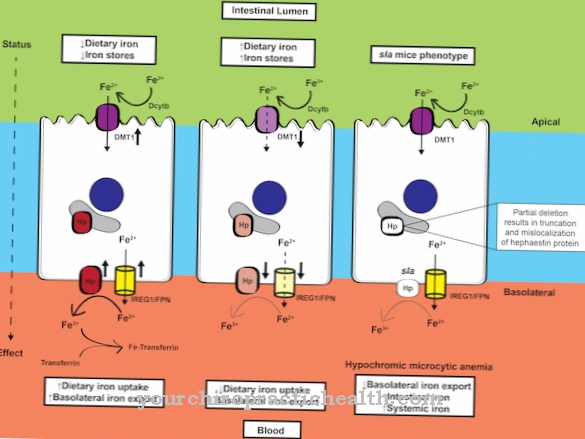
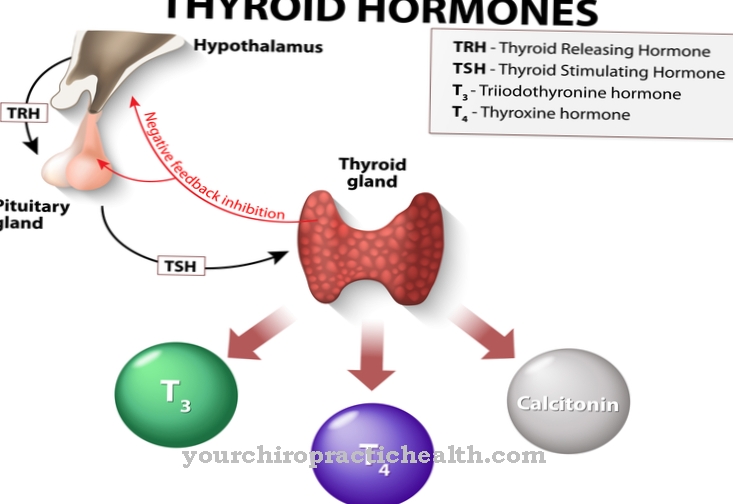
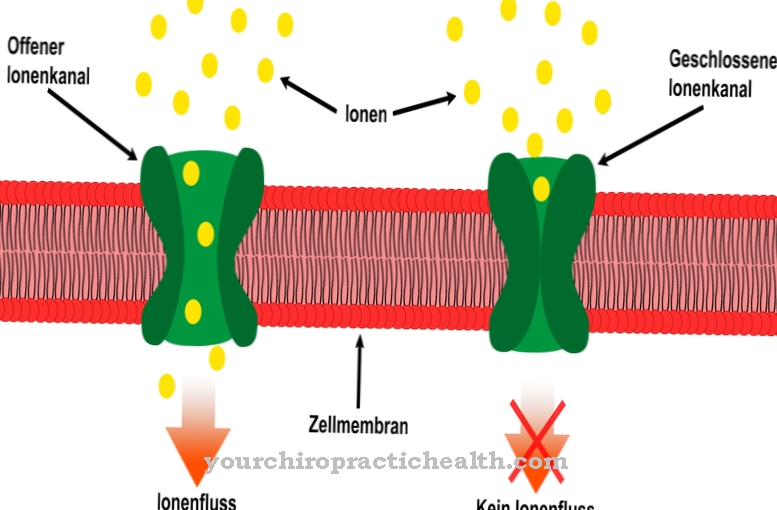


















.jpg)



